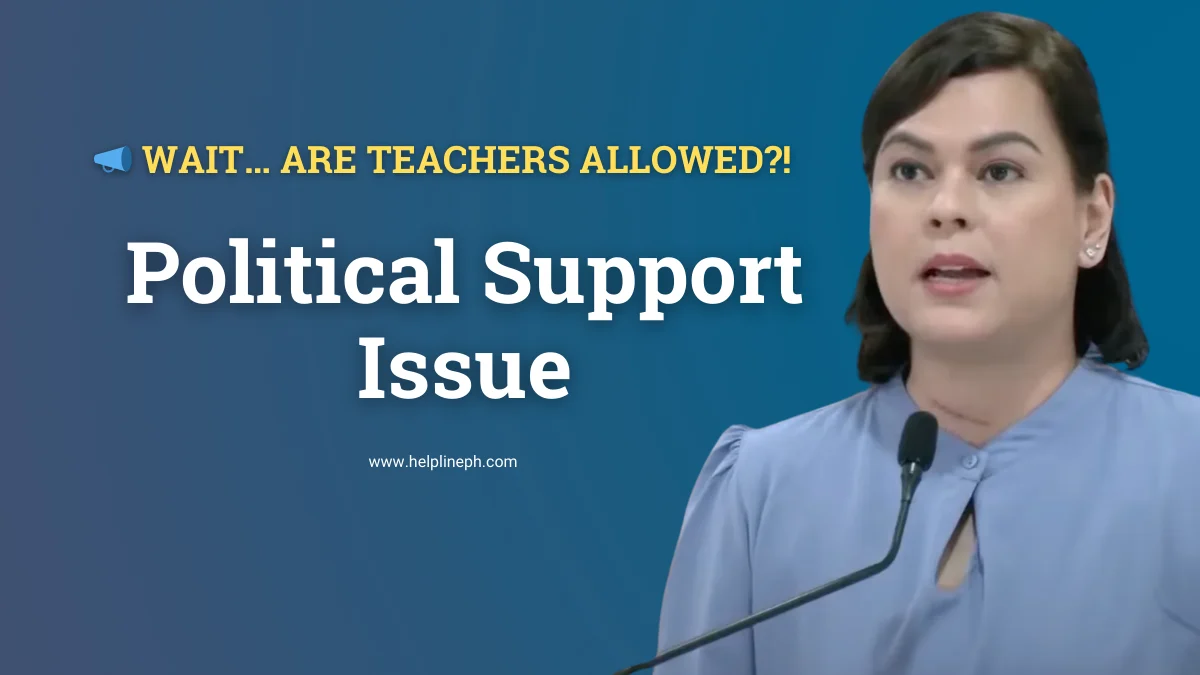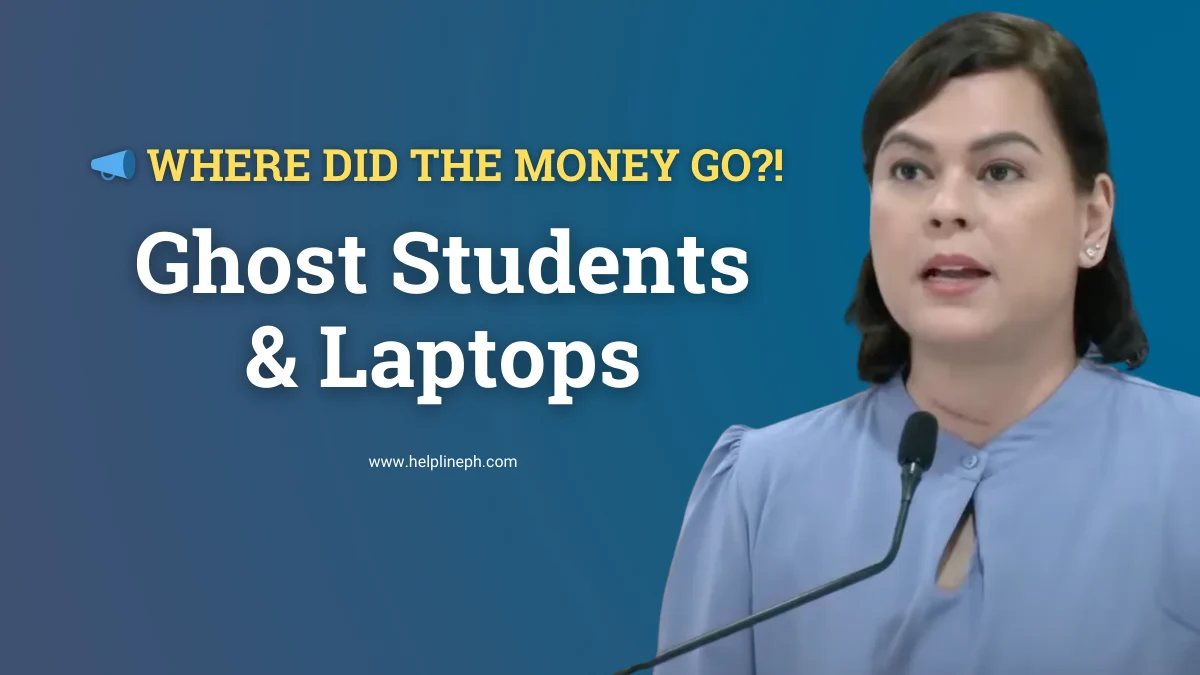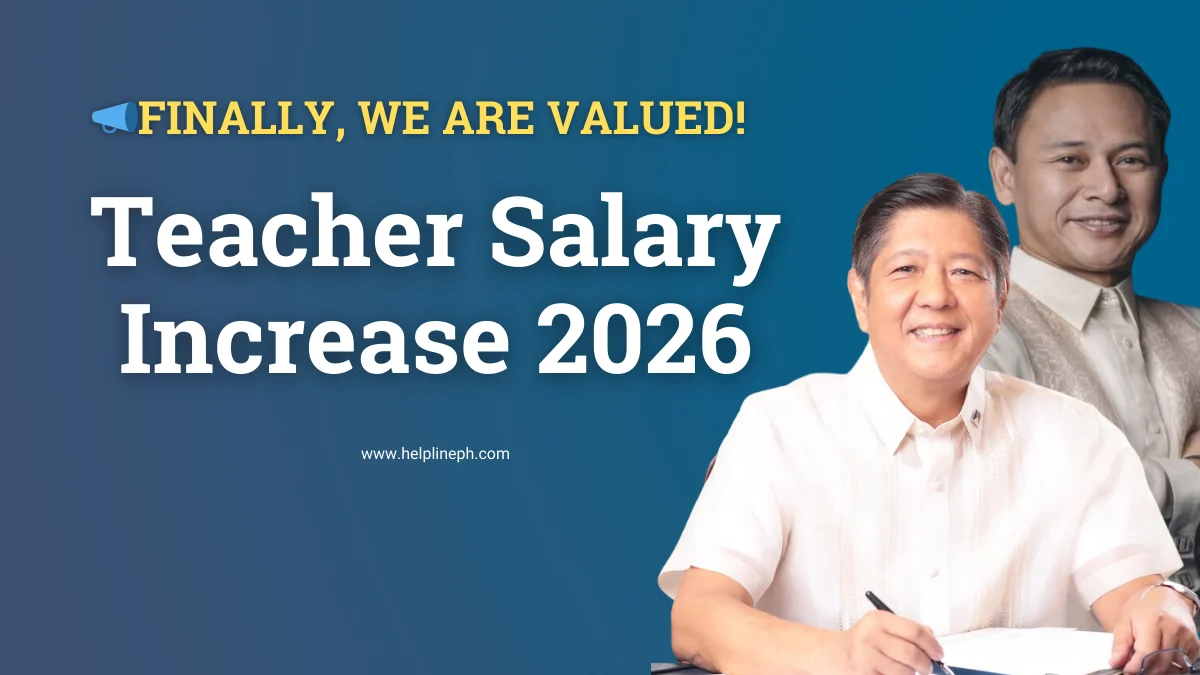Gender-based haircut policies in schools are absurd, outdated, and irrelevant – Solon
KABATAAN Party-list Representative Raoul Manuel recently brought attention to the issue of gender-based haircut policies in schools, labeling them as outdated and irrelevant. Manuel emphasized the impact of such policies on the LGBTQIA community’s right to education.
In a privilege speech, Manuel highlighted a distressing incident reported by a chapter of the queer advocates organization Bahaghari at the Eulogio Amang Rodriguez Institute of Science and Technology (EARIST). According to the report, 25 transgender students faced compulsory haircuts as part of their enrollment requirement for the upcoming semester.
The incident sparked widespread outrage, with many young people expressing their discontent even if they weren’t students at EARIST. Manuel emphasized the broader implications of such policies, asserting that they pose a significant challenge for queer students in various schools.
Read: Student Hits Teacher for Being Late
Several organizations and individuals also pointed out that compulsory haircuts violate local ordinances in Manila, which prohibit discrimination based on SOGIESC (sexual orientation, gender identity and expression, and sex characteristics).
Following dialogues between stakeholders, EARIST management decided to halt the implementation of haircut policies and pledged to develop new guidelines in consultation with student organizations.
Manuel argued that gender-based haircut policies have no place in modern education. He stressed that the length, style, or form of a student’s hair should not determine their academic ability or discipline. Denying enrollment based on hair standards is nonsensical and unjust.
Furthermore, Manuel criticized these policies as remnants of an educational system that aims to mold compliant workers rather than nurturing free-thinking individuals.
To foster a conducive learning environment, Manuel advocated for universities and schools to become spaces of expression and inclusivity. He reiterated his belief in the capability of Filipino youth, regardless of their hair length, style, or color.
In conclusion, Manuel’s call to end gender-based haircut policies resonates with the need for schools to embrace diversity and respect the rights of all students. It marks a crucial step towards creating more equitable and inclusive educational institutions.






